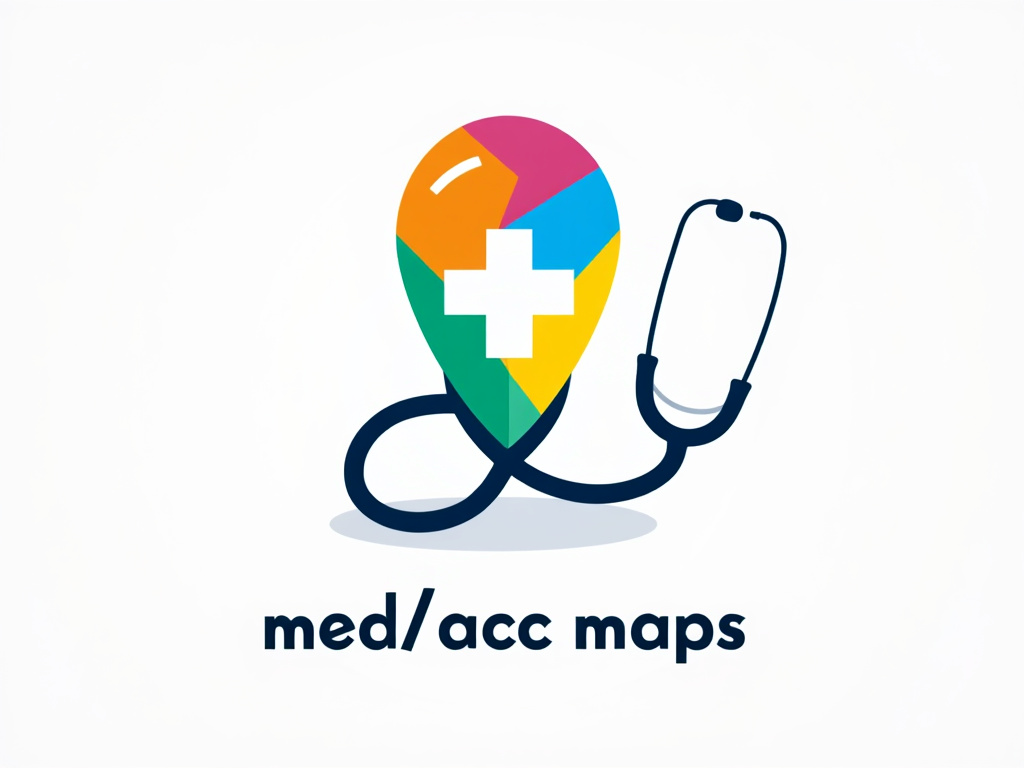Medical Interview Preparation
Comprehensive guide to ace your medical job interviews
Common Medical Interview Questions
About You & Your Background
Tell me about yourself.
Tips for answering:
- Start with your medical education and current role
- Highlight relevant experience and specializations
- Mention your passion for patient care
- Keep it concise (2-3 minutes)
Why did you choose medicine as a career?
Tips for answering:
- Share a genuine, personal story
- Avoid clichés like "I want to help people"
- Mention specific aspects that drew you to medicine
- Show your long-term commitment to the field
What are your strengths and weaknesses?
Tips for answering:
- Choose strengths relevant to the position
- Provide specific examples
- For weaknesses, show self-awareness and improvement efforts
- Avoid weaknesses that are critical for the role
Medical Knowledge & Experience
Describe your most challenging case.
Tips for answering:
- Choose a case that demonstrates your skills
- Explain the medical complexity
- Describe your approach and decision-making
- Highlight the positive outcome or lessons learned
How do you stay updated with medical advances?
Tips for answering:
- Mention specific medical journals you read
- Discuss conferences and CME activities
- Talk about professional networks and associations
- Show commitment to lifelong learning
How do you handle medical errors?
Tips for answering:
- Emphasize patient safety as top priority
- Discuss immediate disclosure and correction
- Mention learning from mistakes
- Show understanding of quality improvement processes
Patient Care & Communication
How do you handle difficult patients?
Tips for answering:
- Show empathy and understanding
- Discuss active listening techniques
- Mention de-escalation strategies
- Emphasize maintaining professionalism
Describe a time you had to deliver bad news.
Tips for answering:
- Use the SPIKES protocol (Setting, Perception, Invitation, Knowledge, Emotions, Strategy)
- Show compassion and sensitivity
- Discuss providing support and resources
- Mention follow-up care
Clinical Scenario Questions
Emergency Scenarios
A 45-year-old patient presents with chest pain. Walk me through your
approach.
Context: Emergency department, busy night shift
Key points to cover: Primary assessment, differential diagnosis, immediate
interventions, diagnostic tests, treatment plan
You're called to see a patient who has fallen and hit their head.
What's your approach?
Context: Hospital ward, elderly patient
Key points to cover: Neurological assessment, Glasgow Coma Scale, imaging
decisions, fall risk assessment
Team-Based Scenarios
You disagree with a senior colleague's treatment plan. How do you
handle this?
Context: Patient safety concern, hierarchy dynamics
Key points to cover: Patient advocacy, respectful communication, evidence-based
discussion, escalation if needed
A nurse questions your medication order. How do you respond?
Context: Busy ward, time pressure
Key points to cover: Collaborative approach, double-checking, appreciating
safety culture, clear communication
Behavioral Interview Questions
STAR Method
Use the STAR method to structure your behavioral answers:
- Situation: Set the context
- Task: Describe your responsibility
- Action: Explain what you did
- Result: Share the outcome
Leadership & Teamwork
Tell me about a time you led a team through a difficult situation.
Focus on: Clear communication, delegation, problem-solving, team
motivation, positive outcomes
Describe a time you had to work with a difficult colleague.
Focus on: Professional approach, finding common ground, patient-centered
solutions, maintaining relationships
Problem-Solving & Decision Making
Tell me about a time you made a mistake. How did you handle it?
Focus on: Taking responsibility, immediate corrective action, learning from
the experience, preventing future errors
Describe a time you had to make a quick decision with limited information.
Focus on: Risk assessment, using available resources, consulting when
possible, monitoring outcomes
Interview Preparation Tips
Research the Organization
- Study the hospital's mission and values
- Learn about their specialties and services
- Research recent news and achievements
- Understand their patient population
- Know the department structure
Review Medical Knowledge
- Refresh key concepts in your specialty
- Review recent guidelines and protocols
- Prepare for clinical questions
- Know current treatment standards
- Stay updated on medical news
Practice Communication
- Practice explaining complex medical concepts simply
- Prepare for patient interaction scenarios
- Work on active listening skills
- Practice empathetic responses
- Prepare questions to ask the interviewer
Professional Presentation
- Dress professionally and appropriately
- Arrive 10-15 minutes early
- Bring multiple copies of your CV
- Prepare a portfolio of achievements
- Practice good body language
Prepare Your Questions
- Ask about the role and expectations
- Inquire about professional development
- Learn about the team dynamics
- Understand the patient population
- Ask about growth opportunities
Day of Interview
- Get a good night's sleep
- Eat a proper breakfast
- Review your notes one last time
- Plan your route and transportation
- Stay calm and confident
Interview Preparation Checklist
Pre-Interview Preparation
Day Before Interview
Day of Interview
Your Preparation Progress
Overall Preparation
0%
